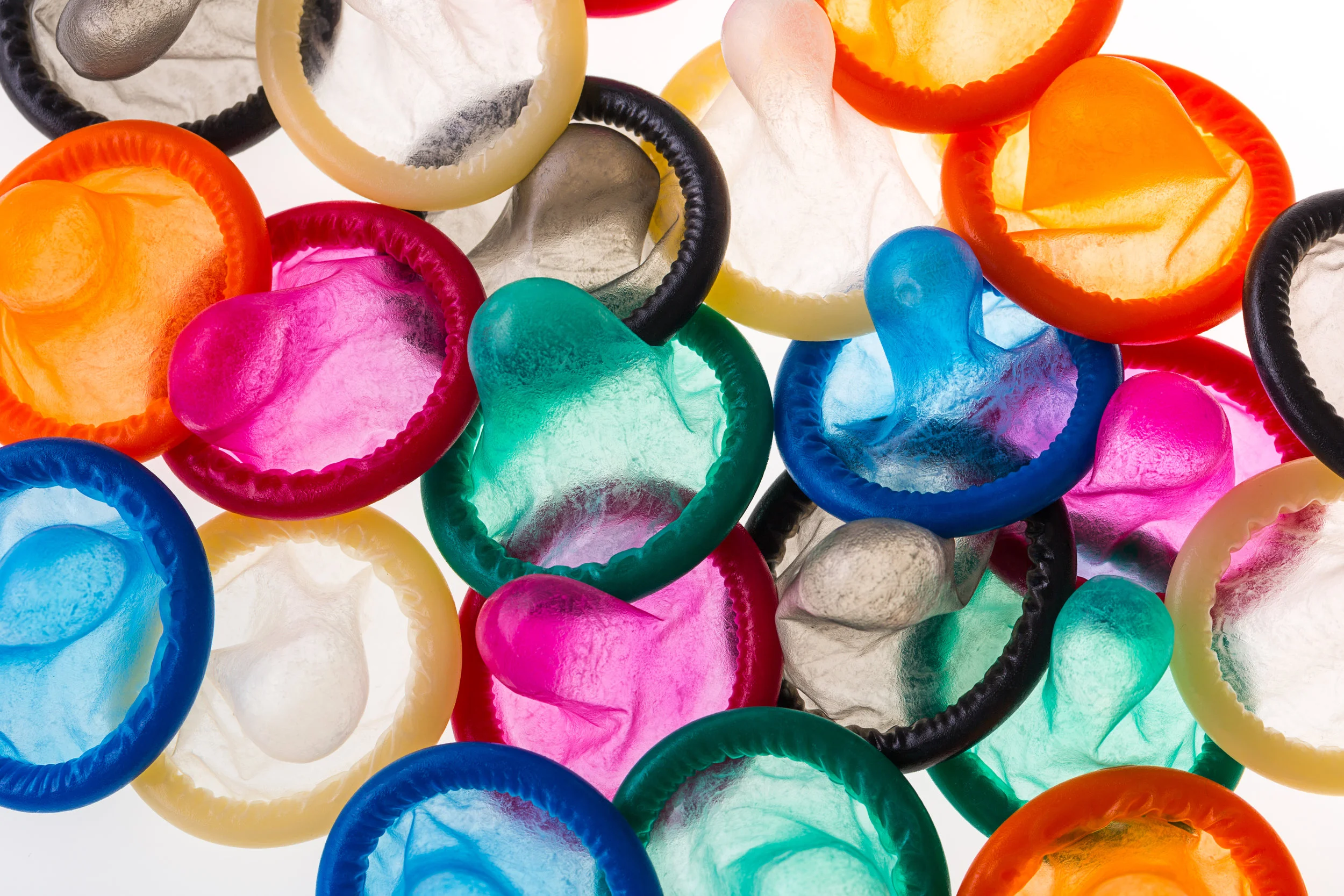Blood Type and Erectile Dysfunction
/Universal blood donors may have one more thing to brag about: they perform more reliably sexually. New research indicates that men with blood type O suffer fewer problems with erectile dysfunction (ED) than any other blood group. Put another way, men with blood types A, B and AB are the most at risk for impotence.
Read More



















